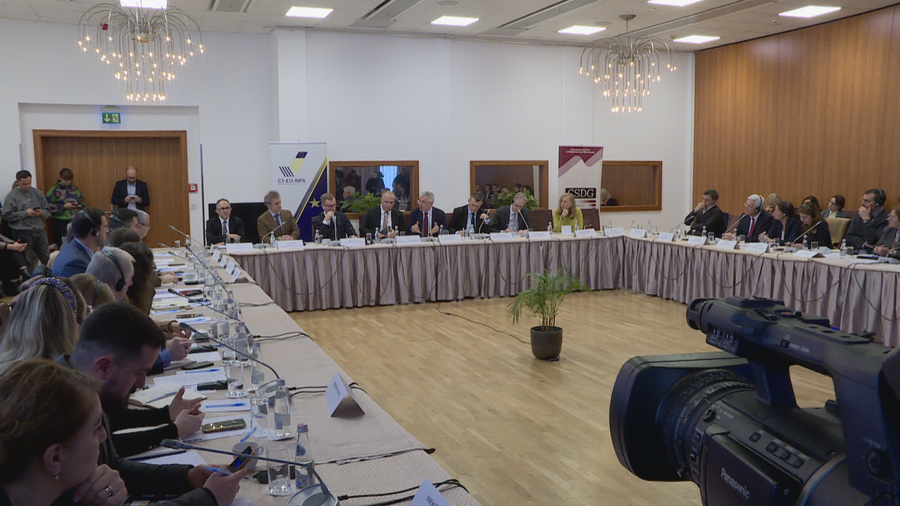
The head of SPAK Altin Dumani and the head of the Special Court, Erion Bani, indirectly responded to Prime Minister Rama's accusations regarding the alleged abuse of coercive measures of imprisonment.
In a statement dedicated to the performance of special justice institutions, the head of SPAK considered the attempt to declare SPAK a repressive institution of criminal prosecution as a failure. While Bani stated that anyone who is not satisfied with the decisions should challenge them in the higher courts.
The activity organized by civil society on the performance of special justice institutions was used by Altin Dumani to respond to the prime minister's accusations that SPAK is pursuing a repressive criminal policy.
"The attempt to establish SPAK as a repressive institution is a failed attempt because the numbers speak for themselves. Criminal offenses for corruption, the measure of arrest with imprisonment accounts for about 5% of the total security measures," said Dumani.
The head of SPAK went even further, underlining that one of the reasons for pursuing this approach was Rama's own demands.
"In the annual reports that we produce, one of the points we mention is how the recommendations of the Assembly have been fulfilled, as well as the recommendations of the Prime Minister for the fight against organized crime and corruption," Dumani further said, writes A2 CNN.
The majority's public accusations against the judiciary, under the label of constructive criticism, began with the arrest of Erion Veliaj, a coercive measure that had received approval from special judge Erion Bani, who also holds the command as head of the GJKKO.
"It is an international principle that the integrity of judges is guaranteed at the moment they are appointed. Anyone who has evidence must present it to the competent bodies. And the judge cannot be tried. The judge can only be tried in a higher court. These are principles and it is good to understand this!", said Bani, writes A2 CNN.
Both Dumani and Bani were in sync in their public reaction, with a particular stance on the accusation that the new Justice System is uncontrollable.
"We are the most monitored and controlled institution. First, we have internal control. We have investigated and investigate each other. We are controlled by the KLP, as much as it can be controlled for performance evaluation as well as some disciplinary issues. We are controlled by the ILD and here we are no exception," said Dumani.
With more moderate language, the KLP and KLGJ also came out on the side of Ban and Duman, but the carefully chosen words contrasted with the stance of the EU ambassador, who made it clear that any attempt by the majority to interfere in the structure of justice reform will not be tolerated.
"We need to have this debate about improving the justice system, and this must be done in a constructive way, and based on data and expertise. This is the only way it can move forward. We must have confidence that the architecture that has carried out justice reforms is the one that will achieve the balance between accountability and independence that we all seek. The European Union will remain very careful about the improvements needed in the system and what recommendations it will have for procedures and standards," Gonzato said, writes A2 CNN.
The absence of representatives of the socialist majority and the Democratic Party was noticeable at the table, although both parties were invited.
(A2 Televizion)











